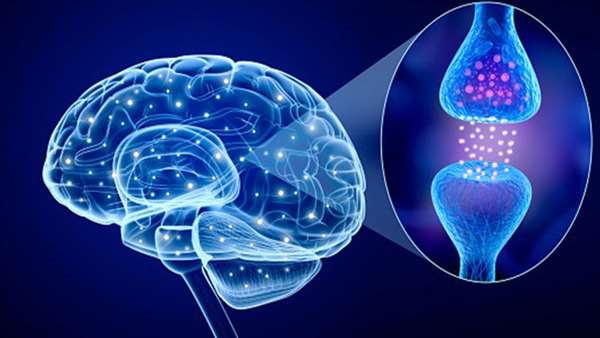of motor dysfunction in a rat model of Parkinson's disease
Human umbilical cord blood-derived mononuclear cells (hUCB-MNCs) were reported to have neurorestorative capacity for neurological disorders such as stroke and traumatic brain injury.
Human umbilical cord blood-derived mononuclear cells (hUCB-MNCs) were reported to have neurorestorative capacity for neurological disorders such as stroke and traumatic brain injury. This study was performed to explore if hUCB-MNC transplantation plays any therapeutic effects for Parkinson's disease (PD) in a 6-OHDA-lesioned rat model of PD. hUCB-MNCs were isolated from umbilical cord blood and administered to the striatum of the 6-OHDA-lesioned rats. The apomorphine-induced locomotive turning-overs were measured to evaluate the improvement of motor dysfunctions of the rats after administration of hUCB-MNCs. We observed that transplanted hUCB-MNCs significantly improve the motor deficits of the PD rats and that grafted hUCB-MNCs integrated to the host brains and differentiated to neurons and dopamine neurons in vivo after 16 weeks of transplantation. Our study provided evidence that transplanted hUCB-MNCs play therapeutic effects in a rat PD model by differentiating to neurons and dopamine neurons.




ارسال به دوستان